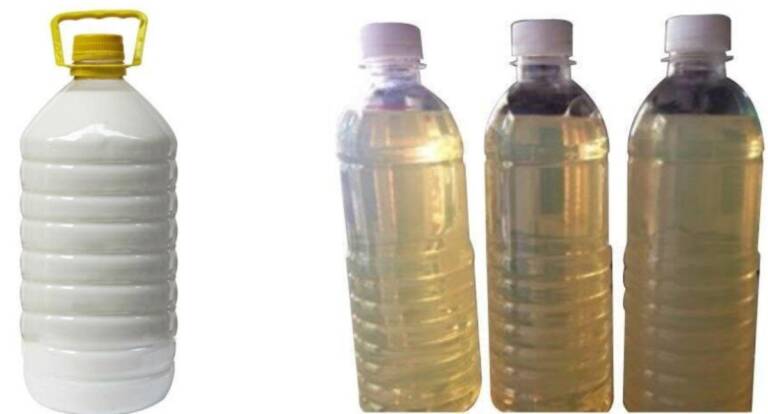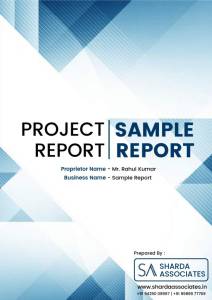Project Report For Phenyl Manufacturing Plant
Introduction
Project Report For Phenyl Manufacturing Plant is as Follows.
The unit seeks to produce “Phenyl,” a fluid disinfectant that kills harmful organisms. Phenyl is a water-and-light creosote oil emulsion in soap. Creosote oil contains carbolic acid, creosol, and other phenol homologues, all of which have germicidal powder inclusion. To adhere to the carbolic coefficient necessary for the product, further additions of phenol, cresylic acid, or other anti-septic agents are required.
In cleaning products, white phenyl, a disinfectant Produced from pine oil, is used to destroy germs and eradicate odours. This phenyl is produced using an emulsifier, which helps the oil to form a stable solution with water. White phenyl is a typical deodorant fluid found in toilets, hotels, and restaurants.
Apart from having the appropriate germicidal power, phenyl should be stable for any amount of time, whether exposed or not. When placed into water, it should dissolve quickly without stirring. When properly diluted, it should make a thick milky white emulsion.
This is how a typical buyer would assess the quality of this disinfectant. Apart from its usage in homes, hotels, and restaurants, kitchens, baths, and drain lines, phenyl is also widely employed in institutions such as hospitals, nursing homes, clinics, and municipalities. To produce phenyl, a permit from the State Drug Controller is necessary. This is currently being made in limited quantities.

Process Phenyl Manufacturing Plant
Preparation of Raw Materials: The primary raw materials for phenyl synthesis are isopropyl alcohol (IPA), pine oil or phenol, water, and emulsifying agents. These materials are measured and prepped for use in the manufacturing process.
Mixing: In a mixing vessel, add the appropriate amounts of IPA, pine oil or phenol, water, and emulsifying ingredients. To ensure that the components are properly blended, the mixture is stirred or agitated.
Emulsification: Emulsification is a critical step in the production of phenyl. To make a stable emulsion, emulsifying agents are added to the mixture. The emulsion allows the phenyl to combine evenly with water during use, increasing its efficacy as a cleaning and disinfection agent.
Dilution: To acquire the necessary concentration of phenyl, the concentrated mixture resulting from the emulsification process is diluted with water. Dilution also aids in getting the desired product viscosity and consistency.
Perfuming and Colouring: Fragrances and dyes can be added to the diluted mixture to give the phenyl a pleasing fragrance and colour. This stage is optional and is determined by the formulation and market preferences.
Quality Control: Quality control techniques are performed throughout the production process. Phenyl samples are tested on a regular basis to verify that they fulfil the needed requirements for efficacy, pH levels, scent strength, colour consistency, and other desired properties.
Packaging: The next step is to place the finished phenyl in appropriate containers, such as bottles or containers of various sizes. The package is labelled with necessary product information, usage directions, safety concerns, and regulatory compliance requirements.
Market Potential Phenyl Manufacturing Plant
The market for phenyl was worth more than USD 255 million in 2021, and between 2022 and 2028, it is anticipated to increase at a rate of over 5.5% CAGR.
Natural phenyl production has the advantages of high yield and a natural, easy, and eco-friendly process, which is expected to boost total market projections. The product is made from essential oils derived from plant extracts. phenyl which has a nice flowery odour and is employed in a variety of applications, is found in essential oils. Throughout the projection period, these factors are likely to fuel segment expansion.
The phenyl market from cosmetic and personal care applications is expected to exceed USD 120 million by 2028. Furthermore, greater propensity towards self-care and cleanliness is expected to boost product demand from the personal care business.
The increased public awareness of the advantages of natural chemicals in cosmetics and personal care products indicates considerable potential prospects for the phenyl industry. Because home hygiene product is allergy-free and has no negative effects, they have emerged as important elements driving product demand.
Project Report Sample On Phenyl Manufacturing Plant
Need Help?
Create 100% Bankable Project Report

